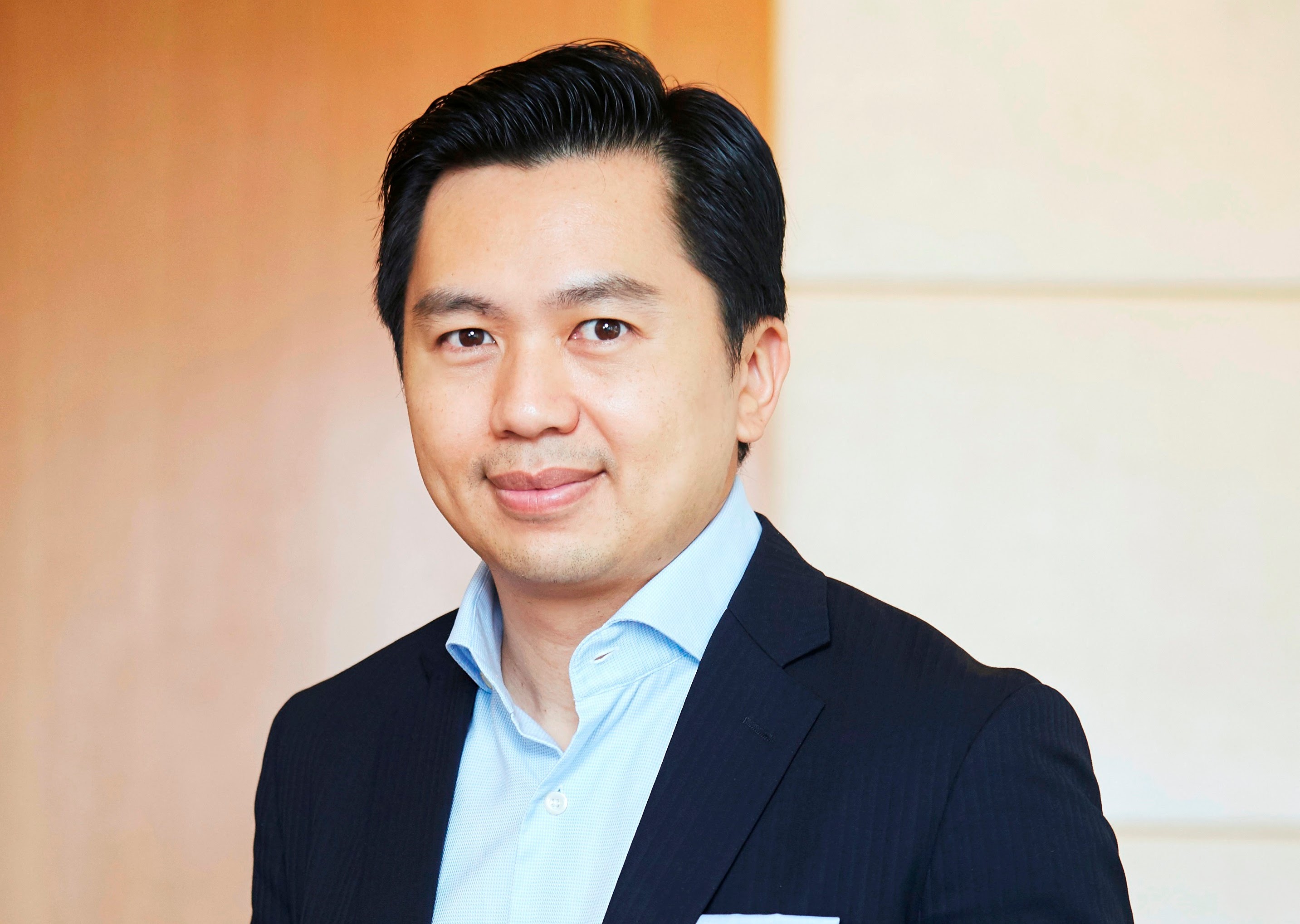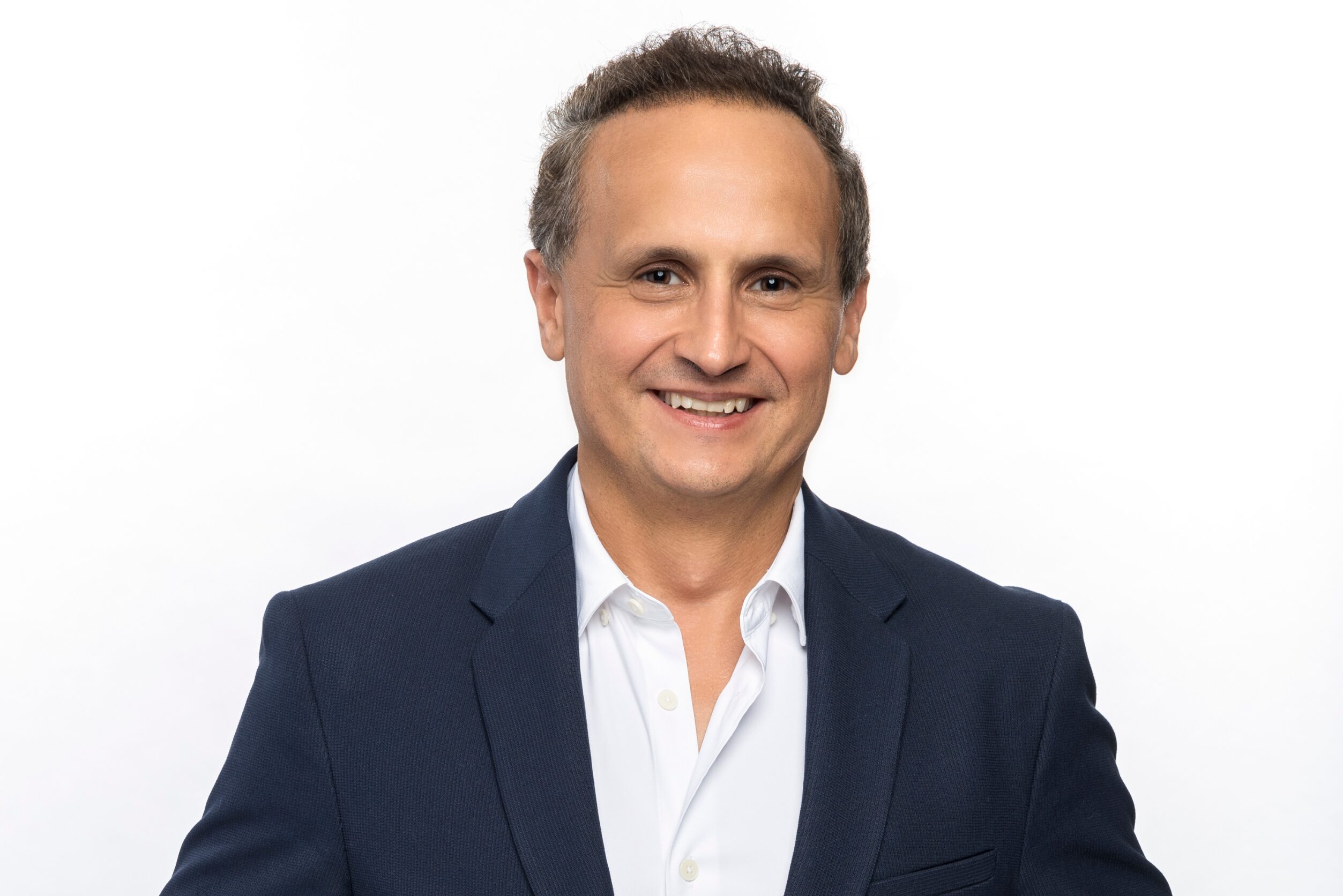People and digitalisation at the core of UOB’s HR transformation
- Daniel Teo

With more than 20 years of strategic consulting experience in talent and leadership management across Asia, Europe and North America, Dean Tong was appointed as UOB’s Head of Group Human Resources in 2018 to continue driving HR as a strategic role within the organisation.
At UOB, Tong leads the people transformation strategy for the bank’s 26,000-strong workforce across 19 markets globally.
Speaking exclusively to HRM Asia, he said, “I came from a strategic consulting firm so for most of my life I was working on strategy. As part of that experience, I’ve seen that success for an organisation is always underpinned by its people.”
“While HR has always played a strategic role at UOB since joining the Bank, I’ve set up a dedicated unit called Strategic HR to drive our people transformation strategy in the areas of talent recruitment and management, and training and development.”
One of Tong’s pressing challenges is to help employees deepen their skillsets in order to stay relevant in today’s digital age, especially in the banking sector which is undergoing dramatic changes through technology such as artificial intelligence (AI) and automation.
As part of equipping the UOB team with the skills necessary for the future, Tong and his HR team introduced the “Better U” program last October. The 12-week foundation course focuses on five core competences to help encourage a growth mindset, develop problem-solving skills and to learn about digital innovation, human-centered design and data storytelling.
Since its launch, the program has been well received, with three in four employees enrolled completing the program so far. The company is on track to reach its target of having at least 70% of all employees globally complete the program by the end of 2020.
“The response has been very positive both from the employees who attended and in terms of the completion rate which is around 75%. The course starts off with a focus on soft skills to enable our people to be more adaptable to the changes in the digital world. Once they have completed that, they can choose from two progression pathways in the areas of data management or project management. We are also expanding the range of specialised learning tracks in the coming years,” Tong said.
“What we are also focusing on during this time is to prioritise courses on building resilience to help our people manage the challenges brought about by COVID-19 and to maintain a positive mindset in overcoming the uncertainties that lie ahead,” he added.
Strategic HR through digitalisation
There is no question that technology is changing and reshaping the role of HR from a functional to a truly strategic one in businesses today.
And it’s no different at UOB.
The HR team, in partnership with the bank’s technology team, is responsible for enabling agile working across UOB. By curating a suite of technology-based tools to enhance productivity, connectivity and mobility, the teams within UOB can collaborate and share information safely and securely regardless of the location from which they are working.
In addition, the company is looking to build its own cloud-based HR system to free up its HR team from administrative and operational tasks so that they can address more strategic people and organisational issues such as employee engagement and upskilling.
But the implementation of technology means there’s a need for the HR team to reskill themselves digitally which will in turn elevate their capabilities in the business.
“This year we are in the process of changing our HR core system. Whereas in the past we were using an on-premise system, we have now started the process of transitioning to the cloud and equipping our team with the skills to use the software,” Tong shared.
“Our team is going through a professional conversion program to support this transition and this is changing HR in a fundamental way. I want my team to be freed up from more administrative tasks so that they are able to focus on strategies to engage our people. This then creates a ripple effect within our HR team.”
Attracting and engaging Millennials
Millennials have a reputation of being a job-hopping generation who will not hesitate to leave a company should a better opportunity presents itself.
However, UOB believes that contrary to popular belief, millennials want to work for a company that shares the same values as them and to work in a job that enables them to see their contributions bear fruit.
“Millennials have many options today. They are not looking for just remuneration, but a meaningful role within the organisation. As such, it is important offer them a role that enables them to contribute meaningfully to the organisation and community for the long term,” Tong explained.
“UOB is a values-based bank and we believe that our values of being honourable, committed, united and enterprising are what attract millennials to join us. This is why we structured our Management Association (MA) programme so that our management associates can experience first-hand how our values underpin our day-to-day work during their 18-month rotation across across different businesses and functions within the Bank. During this time, our millennial colleagues can also see first-hand how they contribute to the growth of UOB’s businesses.
“We believe this is one reason why the UOB MA programme continues to be popular among the next generation of young talent, with more than 35,000 applications in 2019 alone,” Tong concluded.






